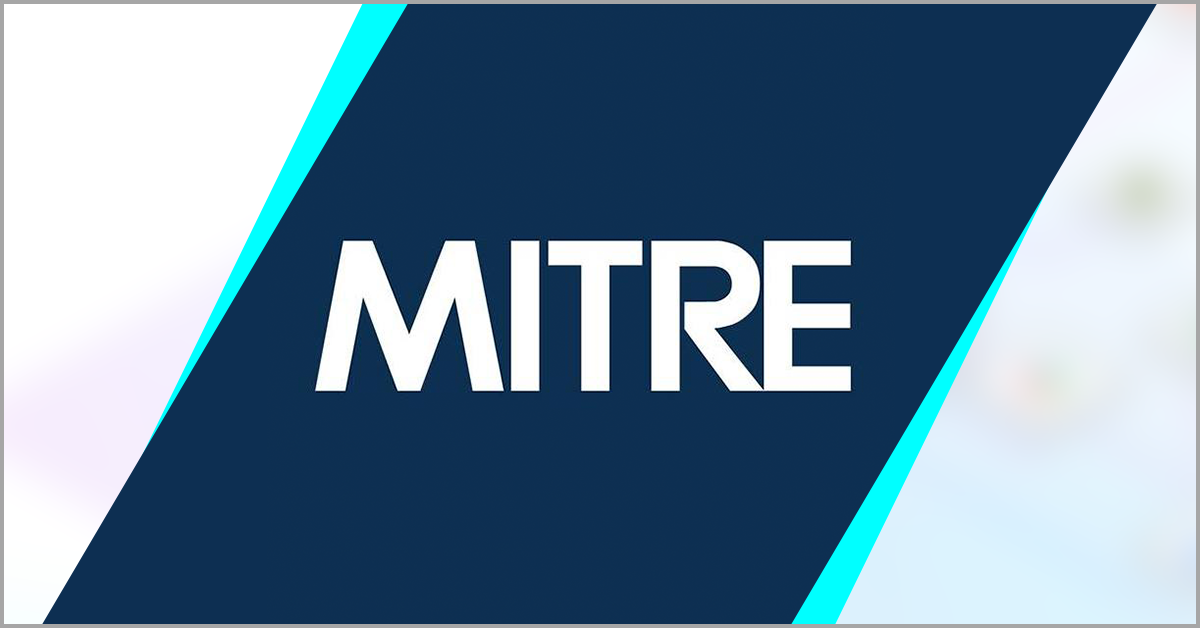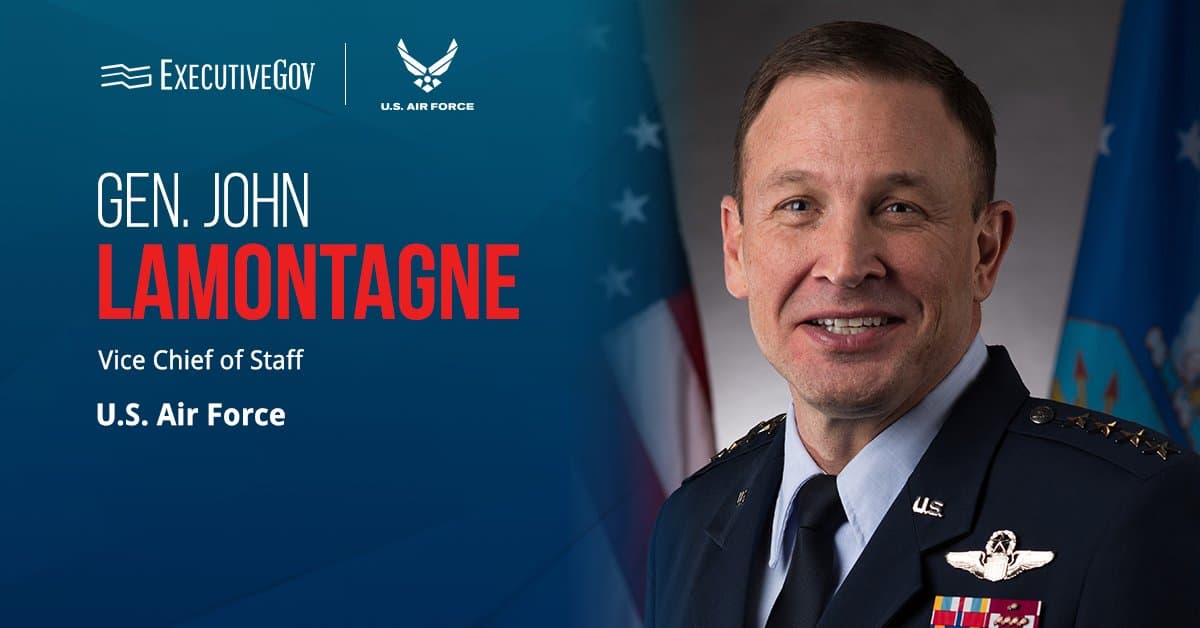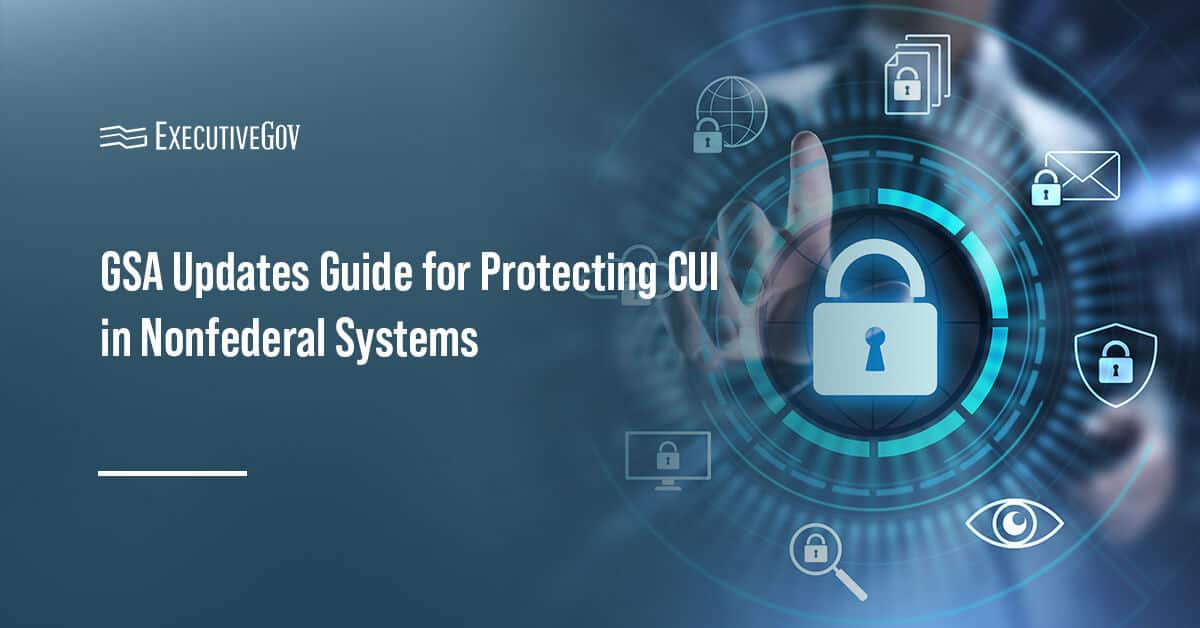MITRE is calling on the U.S. government to initiate targeted policy and legislative updates to strengthen the allied industrial base and streamline defense cooperation with allies and partner countries.
In a report published Monday, the nonprofit company said key priorities include improving the Department of Defense acquisition workforce’s visibility into allied investments, capabilities and gaps; establishing structured mechanisms to promote interoperability with international counterparts; and streamlining regulations to facilitate defense trade.
Table of Contents
Enhancing DOD Acquisition Workforce Visibility
MITRE said policy updates should require systematic inclusion of allied capability assessments in acquisition planning and direct workforce participation in structured knowledge-sharing platforms.
According to the three-page report, improving access to shared production capacity ensures the DOD can leverage a diverse set of suppliers with a wide range of capabilities.
DOD could also establish a centralized digital portal for allied defense industrial data and formalize exchange programs within the acquisition workforce to facilitate the integration of allies’ insights into the acquisition decision-making process.
Refining Regulatory Frameworks
MITRE highlighted the need for the U.S. acquisition community to streamline regulations and policies concerning foreign military sales and exports.
The report cited progress in streamlining the International Traffic in Arms Regulations, or ITAR. It mentioned the U.S. government’s effort to expand ITAR exemptions to trusted allies with comparable export control systems, such as the U.K. and Australia.
To facilitate defense trade, the U.S. could also automate low-risk FMS transactions through a pre-approved vendor system and align Export Administration Regulations de minimis thresholds with ITAR exemptions to prevent regulatory mismatches, according to the report.





